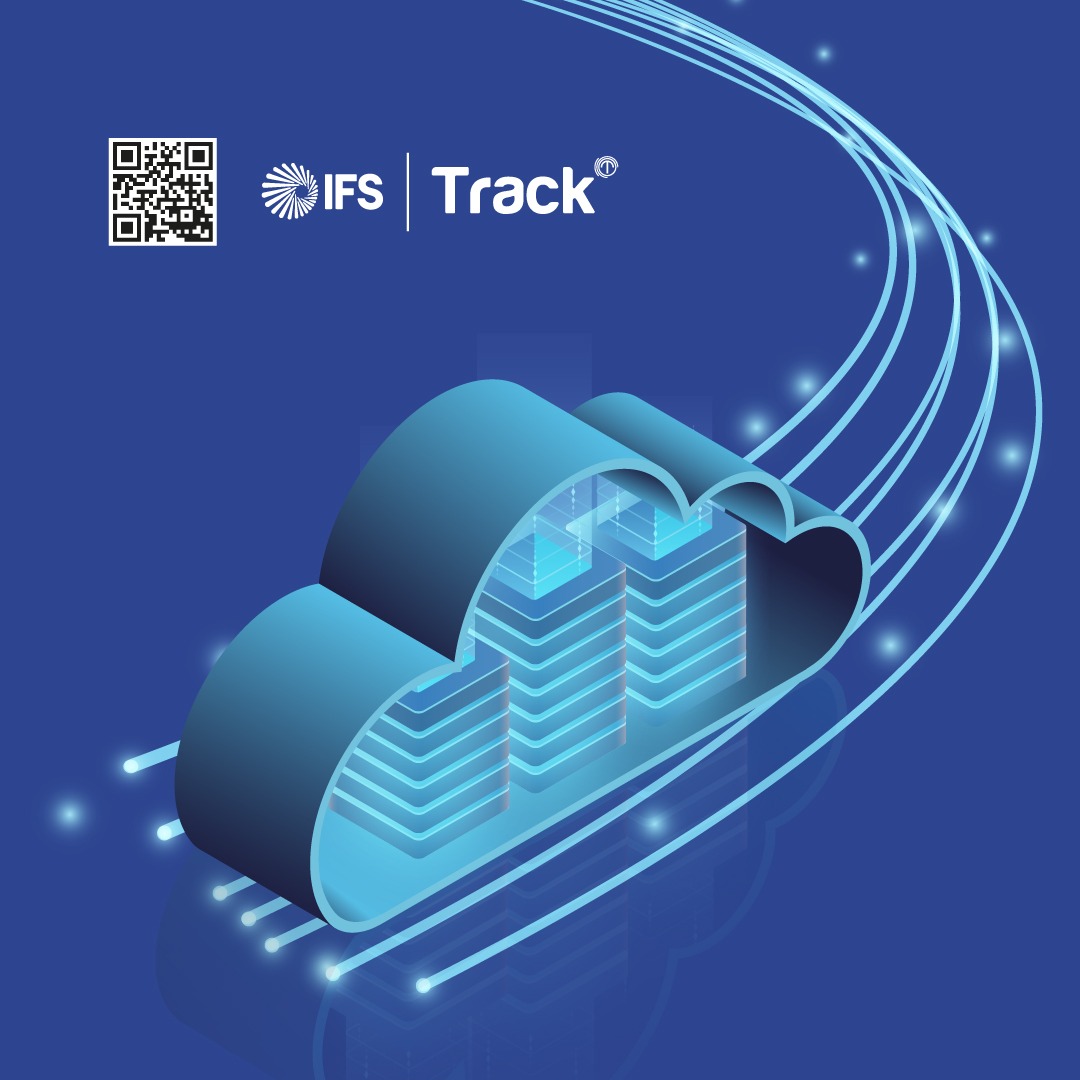- Set Clear Objectives and Priorities
- Plan and Schedule Your Tasks
- Delegate and Collaborate
- Monitor and Evaluate Your Progress
- Manage Your Distractions and Interruptions
- Here’s What Else to Consider
1. Set Clear Objectives and Priorities
Before you start any ERP project, you need to define your objectives and priorities. What are the expected outcomes and benefits of the ERP system? What are the key performance indicators (KPIs) that you will use to measure success? How will you align your ERP strategy with your business strategy and vision? These questions will help you set clear and realistic goals and prioritize your tasks accordingly. You can also use tools like SMART (specific, measurable, achievable, relevant, and time-bound) or OKR (objectives and key results) to create and track your objectives and priorities.
2. Plan and Schedule Your Tasks
Once you have your objectives and priorities, you need to plan and schedule your tasks. You can use a project management software or a calendar app to create a timeline and assign tasks to yourself and your team members. You should also consider the dependencies, risks, and contingencies that may affect your tasks and plan accordingly. You should also communicate your plan and schedule to your stakeholders and get their feedback and approval. Planning and scheduling your tasks will help you avoid delays, conflicts, and confusion in your ERP project.
3. Delegate and Collaborate
You cannot do everything by yourself in ERP. You need to delegate and collaborate with others who have the skills, knowledge, and experience to help you. You should identify the roles and responsibilities of each team member and assign them tasks that match their strengths and interests. You should also provide them with the necessary resources, guidance, and feedback to support their work. You should also collaborate with other departments, vendors, consultants, and customers who are involved in your ERP project. You should share information, ideas, and best practices with them and seek their input and feedback. Delegating and collaborating will help you save time, improve quality, and enhance teamwork in your ERP project.
4. Monitor and Evaluate Your Progress
You should not wait until the end of your ERP project to check your progress. You should monitor and evaluate your progress regularly and compare it with your objectives and KPIs. You should use tools like dashboards, reports, and analytics to track your data and performance. You should also solicit feedback from your team members, stakeholders, and users to assess your satisfaction and impact. You should also identify any issues, gaps, or errors that may arise in your ERP project and resolve them as soon as possible. Monitoring and evaluating your progress will help you stay on track, improve your results, and learn from your experience.
5. Manage Your Distractions and Interruptions
You may face many distractions and interruptions in your ERP project, such as emails, phone calls, meetings, emergencies, or changes in requirements. These can disrupt your focus, productivity, and quality of work. You should manage your distractions and interruptions by setting boundaries, expectations, and priorities. You should also use tools like do-not-disturb mode, timers, and notifications to control your attention and time. You should also schedule some breaks and downtime to recharge your energy and creativity. Managing your distractions and interruptions will help you work more efficiently, effectively, and enjoyably in your ERP project.
6. Here’s What Else to Consider
This is a space to share examples, stories, or insights that don’t fit into any of the previous sections. What else would you like to add?

